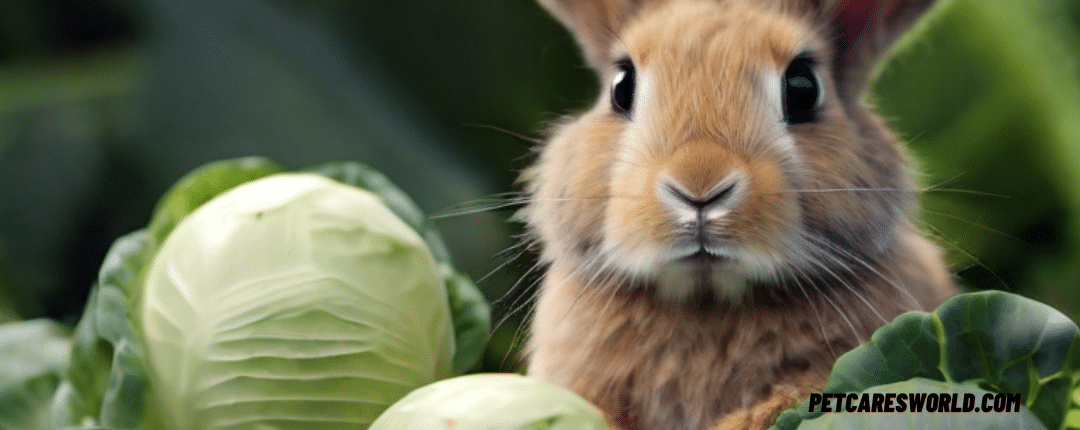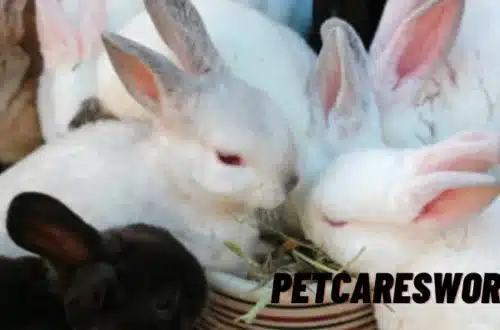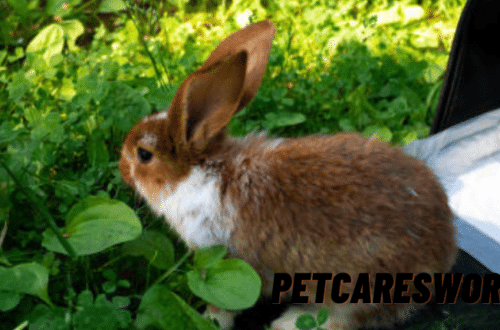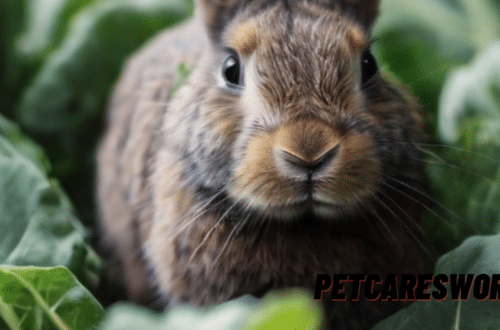Rabbits are adorable creatures known for their fluffy fur and twitching noses. As herbivores, they thrive on a diet primarily composed of hay, fresh vegetables, and fruits. However, when it comes to cabbage, a common question arises among rabbit owners: can rabbits have cabbage? Understanding the nutritional implications and potential risks associated with feeding cabbage to rabbits is crucial for their well-being.
Exploring the Nutritional Value of Cabbage
Cabbage, a leafy green vegetable belonging to the Brassica genus, is renowned for its nutritional richness. It’s packed with essential vitamins and minerals like vitamin C, vitamin K, folate, and potassium. Additionally, cabbage contains fiber, which aids in digestion and promotes overall gut health. However, despite its nutritional benefits for humans, the question remains whether it’s suitable for our furry friends.
Assessing the Feasibility for Rabbits

While cabbage boasts impressive nutritional credentials, its suitability for rabbits is a topic of debate among veterinarians and animal experts. Rabbits have sensitive digestive systems that require a delicate balance of nutrients to prevent digestive issues and maintain optimal health. While small amounts of cabbage might not pose an immediate threat to rabbits, moderation is key.
Understanding Potential Risks
Cabbage belongs to the cruciferous vegetable family, known for containing compounds that can cause gas and bloating in rabbits if consumed in excess. Additionally, cabbage contains goitrogens, substances that may interfere with thyroid function if rabbits ingest large quantities over extended periods. Therefore, it’s essential to introduce cabbage gradually into a rabbit’s diet and observe any adverse reactions.
Moderation is Key
When incorporating cabbage into a rabbit’s diet, moderation is paramount. It should be offered as an occasional treat rather than a staple food item. A balanced diet primarily consisting of hay, fresh leafy greens, and high-quality rabbit pellets should form the foundation of a rabbit’s nutritional intake. Cabbage can complement this diet but should never replace essential dietary components.
Introducing Cabbage Safely
If you decide to introduce cabbage to your rabbit’s diet, it’s crucial to do so gradually and in small quantities. Begin by offering a small leaf and monitor your rabbit’s response. Signs of digestive discomfort, such as diarrhea or excessive gas, indicate that cabbage may not agree with your rabbit’s digestive system and should be discontinued immediately.
Diversifying Your Rabbit’s Diet
Variety is key when it comes to providing a balanced diet for your rabbit. While cabbage can be included as an occasional treat, there are numerous other vegetables and herbs that rabbits can enjoy safely. Leafy greens like romaine lettuce, kale, and parsley are excellent alternatives that provide essential nutrients without the potential risks associated with cabbage.
Consulting with a Veterinarian
Before making any significant changes to your rabbit’s diet, it’s advisable to consult with a veterinarian specializing in exotic pets or rabbits. They can offer personalized guidance based on your rabbit’s specific dietary needs and health status. A veterinarian can also help identify any underlying health issues that may impact your rabbit’s ability to tolerate certain foods like cabbage.
Conclusion
In conclusion, while cabbage can be a nutritious addition to a rabbit’s diet, it should be approached with caution due to potential digestive issues and health risks associated with excessive consumption. Moderation, observation, and consultation with a veterinarian are essential when introducing new foods to your rabbit’s diet. By prioritizing your rabbit’s health and well-being, you can ensure they enjoy a balanced and fulfilling diet that promotes longevity and vitality.






